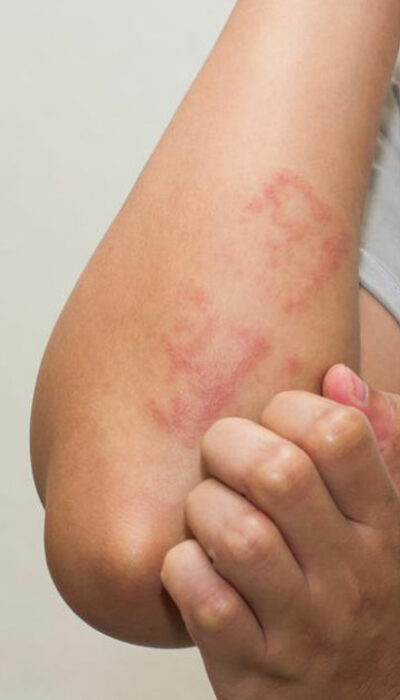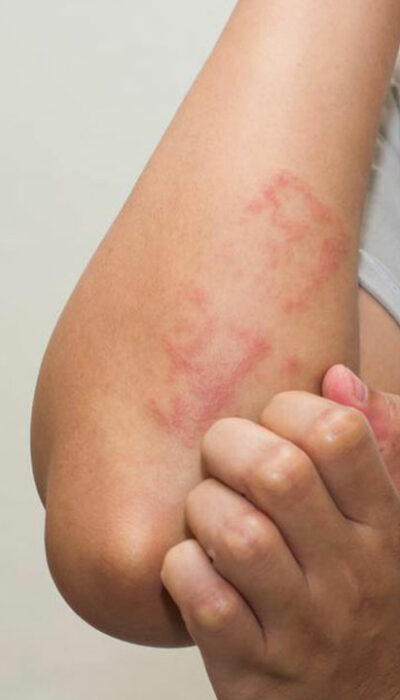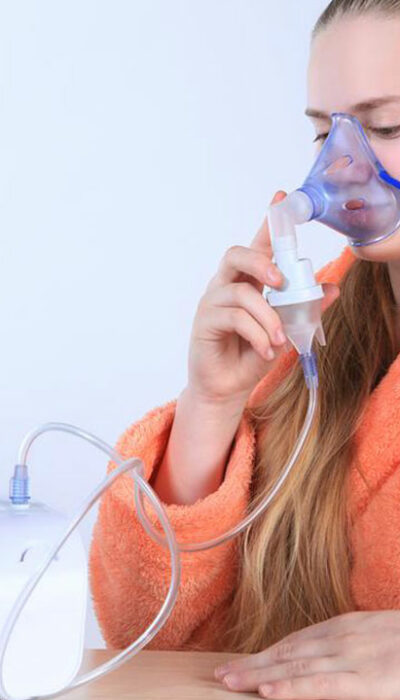
Treatment Options for Eczema You Should Know About
Eczema is usually referred to atopic dermatitis, which one of the most common diseases across the country. It is a condition in which your skin becomes inflamed, itchy, cracked, and rough. There are also cases in which blisters may occur. There are several foods, nuts with certain chemical components, and environmental factors such as smoke and pollen that can trigger eczema. It is not a contagious disease and the treatment focuses on healing the damaged skin tissues as well as providing relief from symptoms. Symptoms of eczema Before we head to answer the question of how to treat eczema, here are some symptoms that you should look out for: – The most primary symptoms of eczema in infants are rashes that appear on the scalp and cheek. – These rashes might develop into blisters before oozing out fluid causing extreme itchiness. This can further lead to uncontrolled scratching and skin infection. – In adults, rashes usually appear behind the creases of the elbow and knees. They are prominent around the neck, face, and around the eyes. – A person suffering from eczema might suffer from asthma or hay fever. This is generally seen in children aged between 10 to 15. Here are some options on how to treat eczema If the symptoms of eczema are light or moderate, home care should be sufficient to provide relief. Some of the home treatments that provide the solution to how to treat mild symptoms of eczema are mentioned below. – Taking lukewarm baths will provide you relief from the itching. – People suffering from eczema experience itchiness due to dry skin. Applying moisturizer after bathing will help in locking in the moisture. – Tight-fitted clothing and rough scratchy fibers can elevate the symptoms of eczema, thus loose-fitted clothes soft fabrics (made of cotton) should be used instead.










